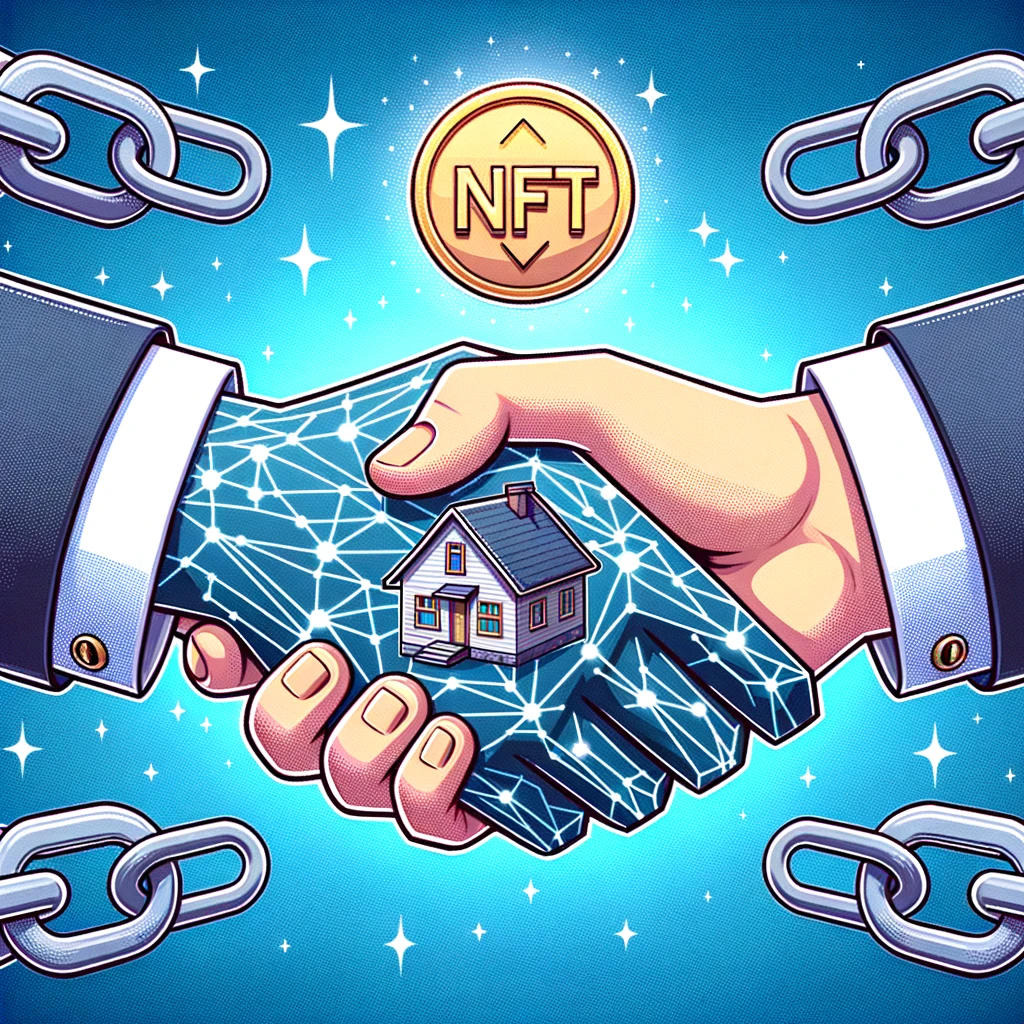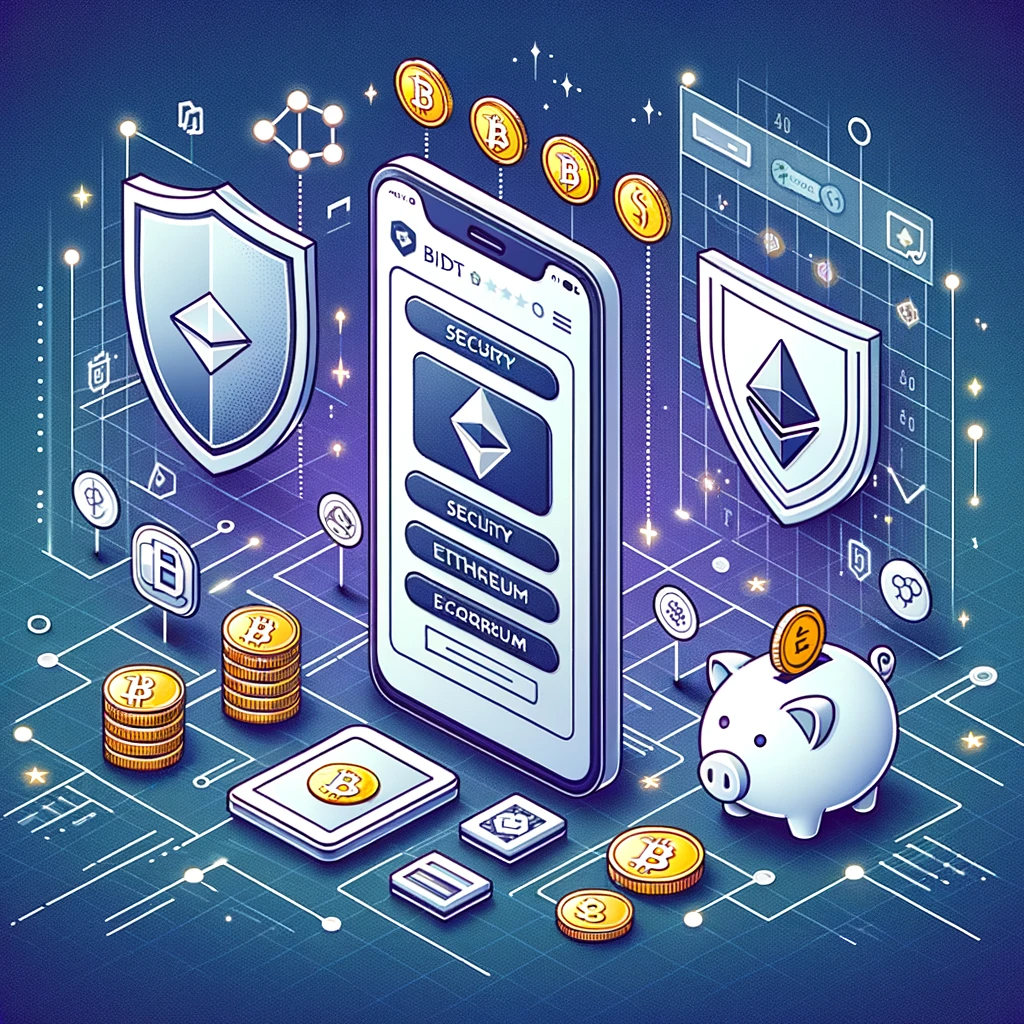
Unlocking the Future: How NFTs Are Revolutionizing Real Estate Transactions
In recent years, the realm of real estate has witnessed a transformative breakthrough enabled by the emergence of Non-Fungible Tokens (NFTs). These blockchain-based assets have revolutionized the way we perceive and conduct property transactions, offering unparalleled security, transparency, and efficiency. As the world delves deeper into the digital era, NFTs are proving to be a game-changer in unlocking new possibilities for real estate ownership and investment.
The Rise of NFTs in Real Estate
NFTs, often associated with digital art and collectibles, have extended their reach to the real estate industry, fundamentally reshaping the way properties are bought, sold, and owned. With their unique digital identity and provenance recorded on the blockchain, NFTs provide a tamper-proof record of ownership, ensuring the authenticity and uniqueness of a property. This eliminates the need for intermediaries, such as brokers or attorneys, and reduces the potential for fraudulent transactions.
Moreover, NFTs enable fractional ownership, allowing investors to own a fraction of a property by purchasing tokens representing a share. This opens up investment opportunities that were once exclusively reserved for wealthy individuals or institutions. Fractional ownership not only democratizes access to real estate investments but also simplifies the process of diversifying investment portfolios.
Transparency and Security in Real Estate Transactions
One of the primary benefits of utilizing NFTs in real estate transactions is the enhanced transparency and security they offer. By leveraging blockchain technology, NFTs provide an indisputable digital record of property ownership, transaction history, and any associated rights or liabilities. This transparency eliminates ambiguity and reduces the risk of disputes, contributing to a more streamlined and efficient real estate market.
Traditional real estate processes often involve multiple intermediaries, paperwork, and lengthy legal procedures, introducing possibilities for errors and delays. NFTs streamline these processes by facilitating smart contracts, which are self-executing agreements encoded on the blockchain. Smart contracts automate the execution of predetermined conditions, such as payment transfers, property transfers, or rent collections, eliminating the need for manual intervention and reducing administrative complexities.
Unlocking Liquidity and Accessibility
Historically, real estate investments have been considered illiquid due to the time-consuming procedures and substantial capital requirements involved. NFTs have the potential to unlock liquidity in the real estate market by enabling fractional ownership and facilitating peer-to-peer trading. Property owners can tokenize their assets, dividing them into tradable NFTs that represent a specific portion of the property's value.
Through NFT marketplaces, investors can buy, sell, or trade these fractionalized NFTs, enabling swift and seamless property transactions without the need for intermediaries or lengthy legal processes. This newfound liquidity not only enhances market accessibility but also creates opportunities for fractional ownership of premium real estate assets that were previously out of reach for many.
Challenges and Future Outlook
While NFTs hold immense potential for revolutionizing real estate transactions, several challenges need to be addressed before wider adoption can take place. These challenges include regulatory frameworks, scalability of blockchain networks, and ensuring the security of digital assets.
Regulatory frameworks need to adapt to the changing landscape of NFTs in real estate, defining legal frameworks, property rights, and taxation guidelines. Additionally, scalability issues need to be overcome to accommodate a large volume of real estate transactions on the blockchain, ensuring efficiency and cost effectiveness.
Looking ahead, the future of NFTs in real estate is promising. As blockchain technology continues to evolve and gain wider acceptance, we can expect a more seamless and secure real estate market. The integration of artificial intelligence and smart contracts may further enhance the efficiency of real estate transactions, simplifying property management, rent collection, and maintenance.
Conclusion
NFTs are ushering in a new era for real estate transactions, empowering individuals to engage in fractional ownership, enhancing transparency, and unlocking liquidity in the market. While challenges remain, the potential benefits of NFTs in real estate are undeniable. As we embrace this digital revolution, it is crucial for regulators, industry stakeholders, and technology innovators to collaborate and pave the way for a future where property transactions are seamless, secure, and accessible to all.




